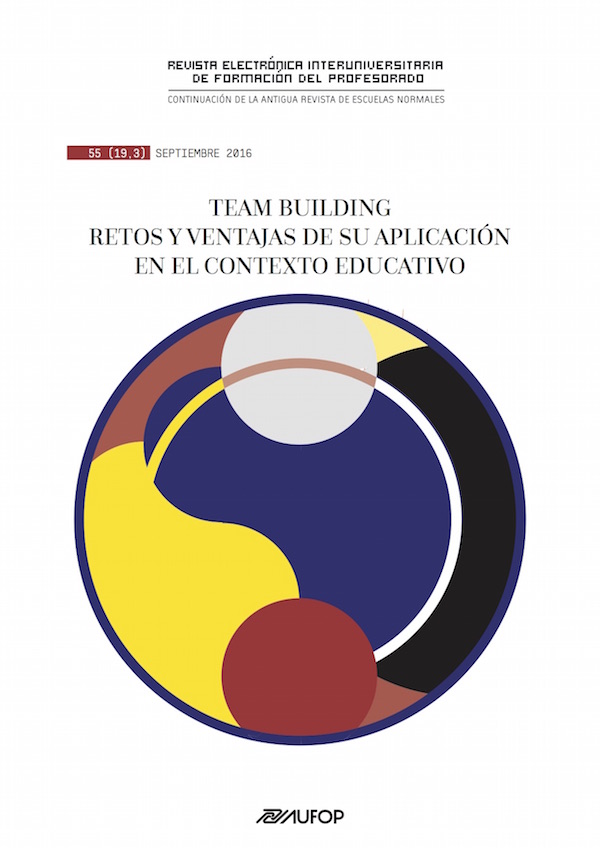Teacher training as a key factor in the integration of Digital Interactive Whiteboards. Perspectives of teachers and ICT coordinators
Supporting Agencies
- Universidad Rey Juan Carlos
- Universidad Nacional de Educación a Distancia y Concejalía de Educación y Deportes del municipio de Alcorcón
- Madrid.
Abstract
In the last two decades, there has been an increasing number of educational institutions interested in adopting ICTs in their classrooms. This is the situation of early childhood and primary education state schools in the city of Alcorcón, Madrid. During the 2010/2011 school year, the government of this city council implanted 400 digital interactive whiteboards in these schools. The first objective is to know the initial impact on the teaching and learning process, through the teachers surveyed, as the main agents of change. In 2013/2014 school year, after several years, it is intended to know the evolution of the resource through the ICT coordinators interviewed. A mixed methodology has been employed and the main results demonstrated a good initial adoption, despite different drawbacks, such as the poor training received, technical problems, large investment of time, etc. Definitely, it can be concluded that the motivation, the change in methodology and assessment and, especially, the technical and pedagogical training are key to successful integration.
Downloads
Los artículos que se publican en esta revista están sujetos a los siguientes términos:
1. El Departamento de Métodos de Investigación y Diagnóstico en Educación de la Universidad de Murcia (España), junto con el Servicio de Publicaciones de la Universitdad de Murcia (Editum) son los editores de la revista REIFOP y conserva los derechos patrimoniales (copyright) de los artículos publicados, permitiendo la reutilización de las mismos bajo la licencia de uso indicada en el punto 2.
2. Las obras se publican en la edición electrónica de la revista bajo una licencia Creative Commons Reconocimiento-NoComercial-SinObraDerivada 3.0 España (texto legal). Se pueden copiar, usar, difundir, transmitir y exponer públicamente, siempre que: i) se cite la autoría y la fuente original de su publicación (revista, editores y URL de la obra); ii) no se usen para fines comerciales; iii) se mencione la existencia y especificaciones de esta licencia de uso.
3. Condiciones de auto-archivo. Se permite y se anima a los autores a difundir electrónicamente las versiones pre-print (versión antes de ser evaluada) y/o post-print (versión evaluada y aceptada para su publicación) de sus obras antes de su publicación, ya que favorece su circulación y difusión más temprana y con ello un posible aumento en su citación y alcance entre la comunidad académica. Color RoMEO: verde.















